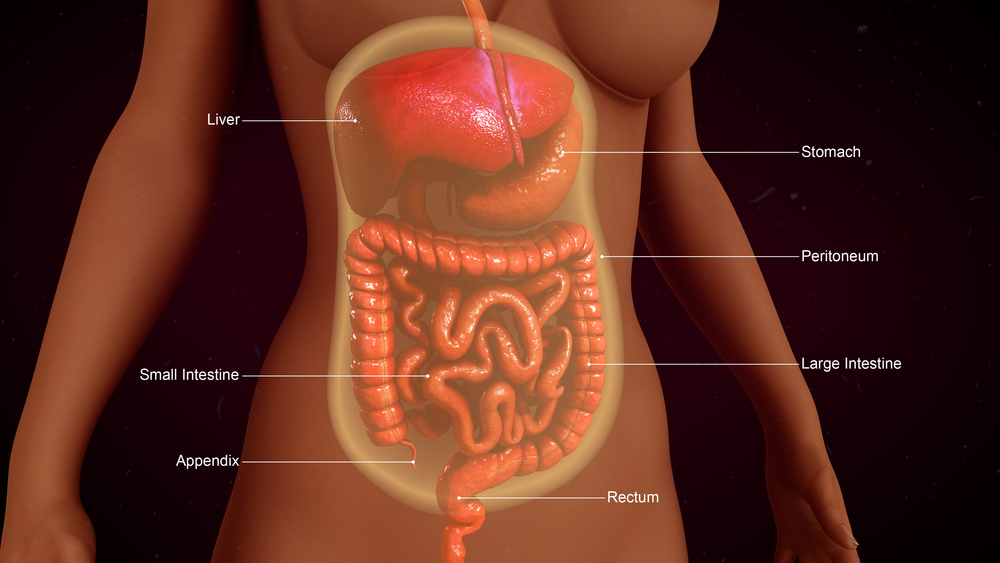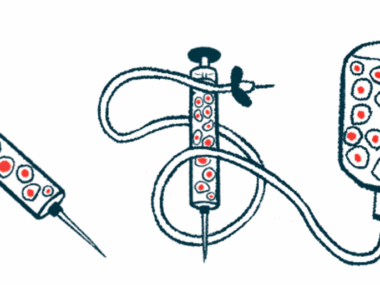Prana and Takeda Will Investigate PBT434 as Treatment for Gastrointestinal Damage in Parkinson’s
Written by |

Prana Biotechnology and Takeda Pharmaceuticals International are teaming up to investigate whether Prana’s PBT434 can improve gastrointestinal damage associated with Parkinson’s disease.
PBT434 showed promise as a treatment for neuronal loss and movement problems in mice with Parkinson’s, according to a preclinical-trial study.
The collaboration will deal with whether PBT434 can improve non-motor symptoms, such as constipation, colon motility — or abnormal intestinal contractions — and inflammation.
“This early research is important because our major therapeutic objective is to treat these disabling symptoms and provide an early therapeutic intervention for both motor and non-motor Parkinsonian symptoms,” which may significantly impact quality of life, David Finkelstein, Prana’s senior scientific consultant, said in a news release.
The hallmark of Parkinson’s is loss of neurons, or nerve cells, which results in movement problems. Neuron loss also underlies non-motor symptoms of the disease, such as damage to the gastrointestinal system.
Researchers do not know how this happens. But they seem to believe that the clumping of the alpha-synuclein protein that is involved in Parkinson’s movement problems is involved in non-movement problems as well.
Earlier this month, a study that Prana sponsored showed that PBT434 prevented neuron loss in mice with Parkinson’s. The research, “The novel compound PBT434 prevents iron-mediated neurodegeneration and alpha-synuclein toxicity in multiple models of Parkinson’s disease,” was published in the journal Acta Neuropathologica Communications.
It showed that the drug improved brain levels of iron and prevented alpha-synuclein clumping. PBT434 also eliminated the clumped protein’s toxic effects. This included oxidative stress, which damages other cell molecules, leading to neuron loss.
PBT434 protected dopamine-producing neurons in mice’s substantia nigra brain region, which play a key role in movement coordination, researchers said. Neuron loss in that region is a feature of Parkinson’s. PBT434 also improved movement problems in mice with the disease.
Dopamine is a neurotransmitter, or chemical that conveys signals between neurons and other parts of the body. Loss of substantia nigra neurons affects the normal functioning of another region, the basal ganglia, which governs voluntary movements.





